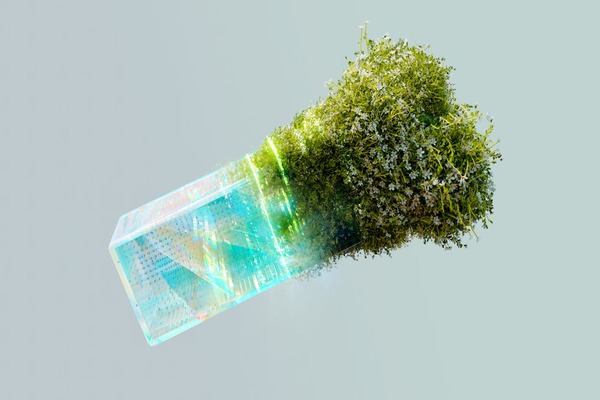Dubai Electricity and Water Authority (DEWA) met with Shell representatives in Dubai. The Shell team was led by Fakher Bader, who oversees operations in Iraq and the UAE. They were joined by Geraldine Wessing and Hessa Abdulla.
The main discussion focused on Shell’s new energy scenarios for 2025. These scenarios look at how artificial intelligence may shape the future of energy. They include different paths that energy systems might follow depending on global choices and technology use.
DEWA shared updates on one of its biggest energy projects — the Mohammed bin Rashid Al Maktoum Solar Park. This solar park is being developed in stages. It currently produces 3,860 megawatts (MW) of electricity. The plan is to expand it to 7,260MW by the year 2030. The sixth phase, which is under construction, will add 1,800MW. This phase uses solar panels that can collect sunlight from both sides. These panels follow the sun’s movement to improve performance. When complete, this part of the solar park will produce enough power for over 500,000 homes and may cut 2.36 million tonnes of carbon emissions each year.
DEWA also talked about its new headquarters building, called Al Shera’a. This building is being built to produce more energy than it uses. It will include smart systems, clean energy solutions, and technologies such as artificial intelligence and sensors to reduce energy waste.
In 2024, DEWA also reported low electricity losses from its grid, about 2%. This is lower than many other countries. Water losses were also reduced to around 4.5%. These numbers came from DEWA’s own system performance records.
Other renewable energy work is happening outside the main projects. In Dubai, smaller solar panels have been added to mosques and schools. These projects added over 3MW of total electricity. In Iraq, a new 1.2MW solar system was set up in Najaf to supply power to public offices. Another small 500-kilowatt hybrid system is being tested for farm irrigation in Basra.



